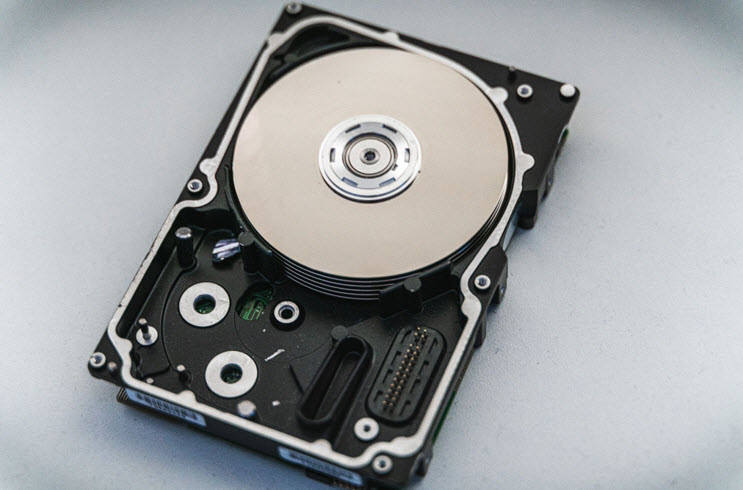Torrenting, a process of exchanging or sharing data through peer-to-peer networks, is a common practice, but nobody wants to discuss it openly. Though users can technically exchange anything using Torrent sites, it is highly recommended to use them for legal downloads only.
Here we will discuss some essential torrenting tips to enable you to use these sites wisely.

Secure Your Data and Privacy
Make sure to download torrents from trusted sources and not to click any malicious link, as it can make your system susceptible to cyber threats. Be cautious while using torrents and ensure that your anti-virus protection is up-to-date and on at all times.
Use Different Torrent Client
If there are problems with bittorrent not downloading or not working, you can use another client. But make sure to select the right one, such as uTorrent, BitComet, etc., as most of the clients out there do not have updated technologies and resources to handle peer-to-peer connectivity.
Choose Your Torrent Client Carefully
While exchanging files using a torrent, you will need to have an FTP client. It is probable that the client you choose may have maximum connections. If so, you may switch to another client. While it is possible that you can speed up the torrent process, all the connections will consume a bit of your bandwidth which you might not want under any circumstances.
Use Private Trackers

Your friends might have advised you to use private trackers for better security, but it’s entirely up to you. You decide whether you want to stick with get-to-go type torrents or the private trackers that ask you to sign up for getting started.
Try Public Trackers
Some people prefer using public trackers as they are believed to be safer. Since private trackers ask for a signup, they gather some personal data. Therefore, it’s not recommended to use them; however, using public trackers is a safer way to torrent.
Focus on Seeder Numbers
While torrenting, go for the files that have a good number of seeders as you’d be able to download that file speedily. Files with many seeders download faster than those with a few ones. For example, a file with 500 peers is better than the one with 5 peers.
Use a Different Port
You may encounter slow torrent downloading speed if the ISP is throttling your BitTorrent traffic. By encrypting the ISPs, you can actually prevent your ISP from controlling the torrent traffic.
Take Advantage of Port Range Forwarding
Using a firewall can block your peer-to-peer ports, and it will lead to slow downloads. The ports used by the peer-to-peer clients can be blocked. You can manually configure your firewall or routers to enable them to approve and accept these ports. A feature named ‘Port Range Forwarding’ allows administrators to direct traffic to the valid ports. In short, you can disable your firewalls as they won’t support peer-to-peer networks.
Do Not Force Start Torrent
If you Force Start your torrent, you will not make it download faster, but you will actually damage it. When you ‘force start’ your torrent, you actually bypass the seeding priority settings and queue settings, which disturbs the overall download process. Users often try this option to prevent queuing up.
Use Proxies and VPNs
ISPs don’t like torrents and restrict them, just like the firewalls. If your ISP detects a torrent download, it may limit your internet speed which will again result in slowdowns. Virtual Private Networks (VPNs) can be used to confuse the ISPs as they will not be able to distinguish between the torrent traffic and the normal traffic.
You should use VPNs to enable torrent downloads. VPN establishes a P2P connection that further encrypts the traffic. ISPs fail to figure out the torrent traffic, so they won’t be able to put download restrictions.
Avoid Failing Trackers
Failing trackers are sometimes responsible for clogged downloads. Failing trackers are the trackers that stop responding when the torrent is deleted, or the tracker collapses midway. It can also lead to slowdowns. Torrents that are a year old are sometimes deleted from the trackers, and the download fails.
Clean up Unnecessary Files

Downloads sometimes come piled up with unnecessary files. Some clients fail to filter out the redundant files, which then occupy a lot of space on your storage media. Cleaning up your hard drive regularly is recommended to remove the junk files.
You can, however, unselect the weed files during the download process and speed up your torrent downloads. You need to learn these settings based on the client you use and utilize them for managing your torrent downloads efficiently.
These tips will help you use torrents efficiently for exchanging files over the internet. If nothing helps speeding up the torrents, you can choose to upgrade your broadband plan or switch to another provider. You can try optimizing your net speed for faster torrent downloads.
